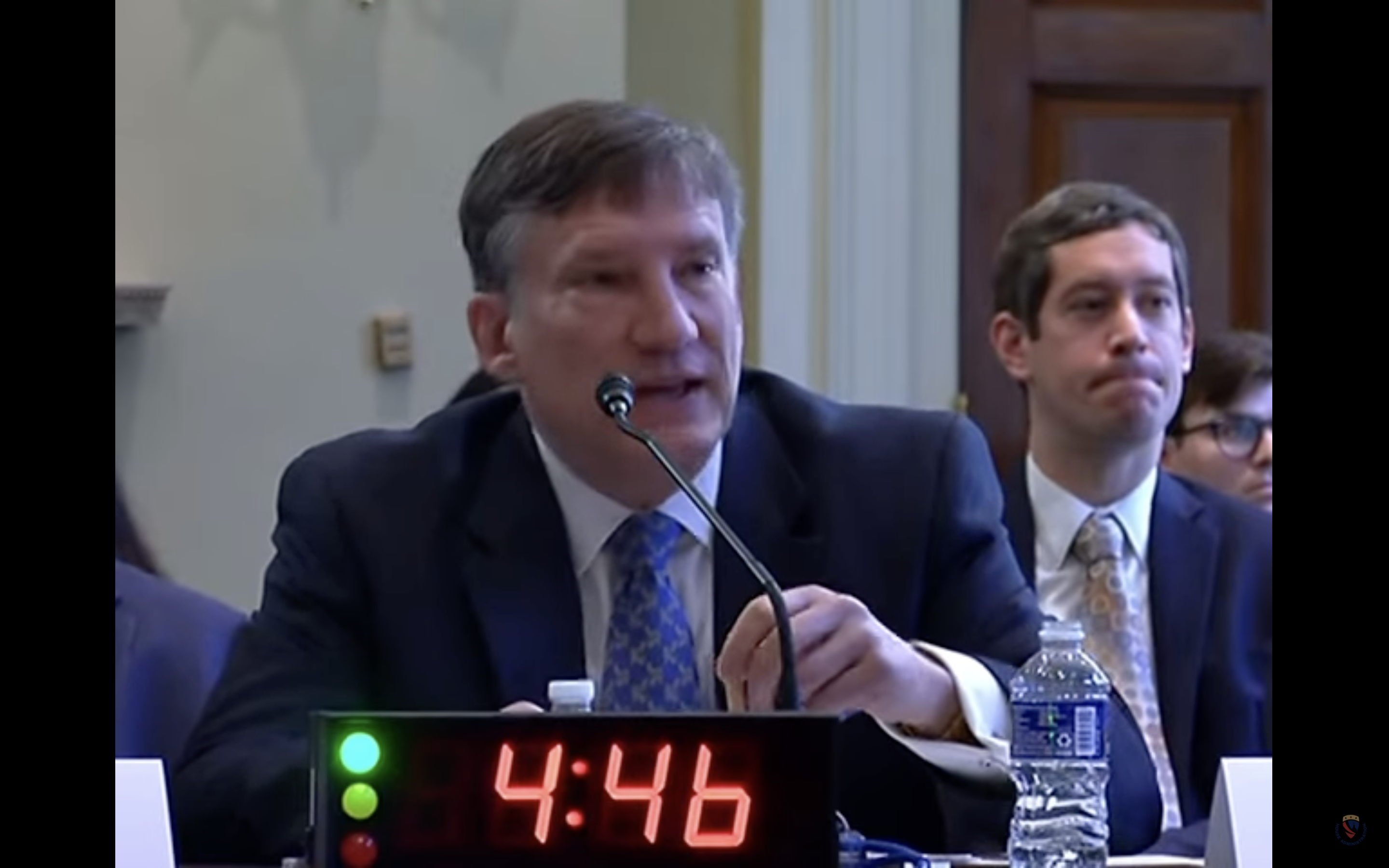CREW has filed a complaint against churches favorable to Phill Kline, thereby keeping alive on the heels of the All Saints matter the question of churches and politics only days before the election and days after Justice Scalia debated ACLU President Nadine Strossen on the meaning of the First Amendment’s Free Exercise Clause.
Justice Scalia penned the opinion in Employment Division, Department of Human Resources of Oregon v. Smith, 494 U.S. 872 (1990), known as the peyote case, which held that a valid and neutral law of general applicability, a law not aimed at a group’s religious practice, will not be invalidated because it frustrates the group’s religious practice; that the Free Exercise Clause does not require judges to engage in a case-by-case assessment of the religious burdens imposed by facially constitutional laws. Congress responded overwhelmingly to the Court’s opinion in Smith by passing the Religious Freedom Restoration Act (RFRA), and the Court this year upheld RFRA by protecting churches’ use of hallucinogenic hoasca. See Gonzales v. O Centro Espirita Beneficente Unaio Do Vegetal, 546 U.S. _ (2006). In Gonzales, the government conceded that applying the Controlled Substances Act to the Church Unaio Do Vegetal would substantially burden a sincere expresssion of religion, but argued that enforcing the Controlled Substances Act against the church was the least restrictive means of furthering compelling governmental interests. The Court disagreed, holding that RFRA protects churches’ sincere and faithful exercise. But there are other sincere and faithful exercises.
According the policy statement of the Presbyterian Church (USA): “It is a limitation and denial of faith not to seek its expression in both a personal and public manner, in such ways as will not only influence but transform the social order. Faith demands engagement in the secular order and involvement in the political realm.” …
Black churches in America have an even more well-established tradition of political action, both reformist and radical. This tradition has shown its prominence in the churches’ role in the Underground Railroad and various abolitionist movements; by African American clergy seeking political office; … and in the churches’ mobilization of voters and provision of fora for political candidates to address members of the African American community. These political activities … came into existence during the time of slavery and [were] fueled by the churches’ “own interpretations of Old Testament stories, prophetic pronouncements, and New Testament apocalypse.”
Chris Kemmitt, RFRA, Churches and the IRS: Reconsidering the Legal Boundaries of Church Activity in the Political Sphere, 43 HARV. J. LEGIS. 145 (2006).
The question — for All Saints, churches favorable to Phill Kline, and others — is on which side to resolve the tension between the Free Exercise and Establishment Clauses. The government has a compelling interest in not allowing tax exempt monies to favor the speech of non-profit religious organizations, or to favor their speech as against other non-profit organizations who claim no religious purpose. Yet some political activities of churches — like pulpit endorsements and distributing the literature of other organizations — seem to involve no spending of tax exempt monies at all.
The question, then, is what is the result under RFRA where churches’ sincere religious beliefs involve politics, and not peyote?














